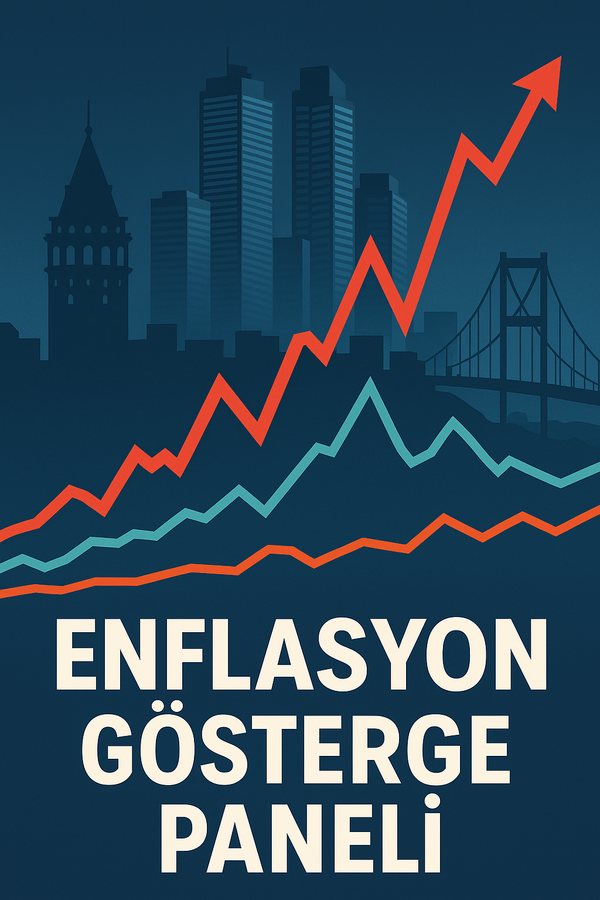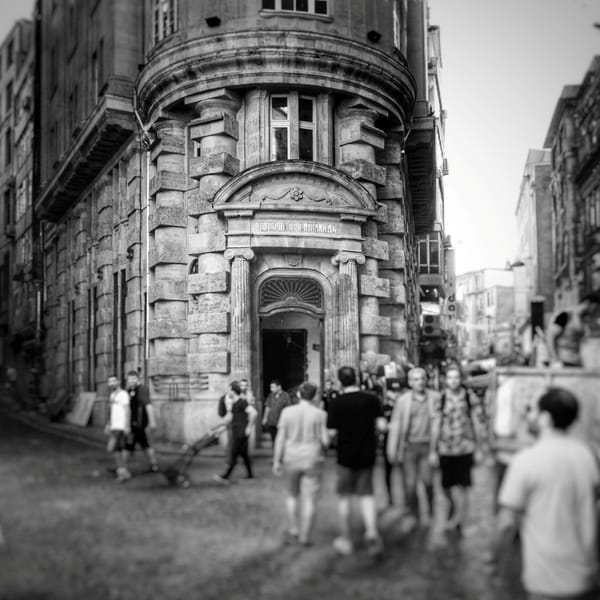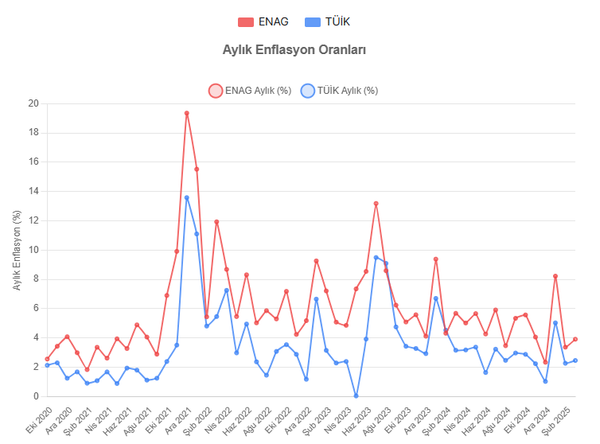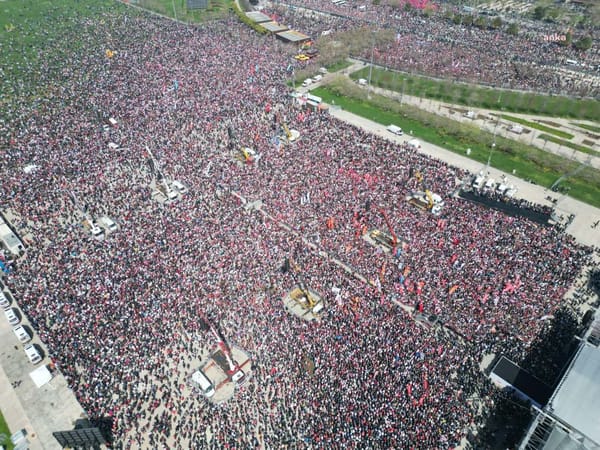Kamusal Entelektüeller nasıl yanılır: Doreen Massey Temmuz 9, 2008
Doreen Massey'nin Venezuela hakkındaki inanılmaz öngörüsüzlüğüne dair birkaç alıntı ve kısa notlar.
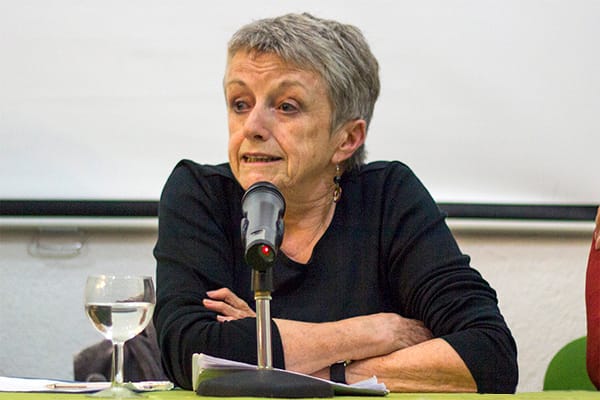
Doreen Massey’nin Caracas üzerine yazdığı yazıya devam edelim, 2008'den geliyor; Antipode’un (Cilt 4, Sayı 3) aynı sayısında, Teori Politikayla Buluştuğunda başlıklı yazısından bir paragraf fazlasıyla yeterli olacaktır:
Bolivarcı devrimin birçok etkileyici yönünden biri de “fikirleri” aktif ve açık bir şekilde kullanmasıdır. Chávez televizyonda ve toplantılarda “akademik” ciltlerden pasajlar okur ve ardından bunlar üzerinde canlı yayında düşünerek “21. yüzyıl için bir sosyalizm” inşa etmek için geçerli olabilecek düşünceler çıkarmaya çalışır. Hardt ve Negri'nin ve Laclau'nun eserleri, diğer birçok eserle birlikte kapsamlı bir şekilde ele alınmaktadır. Kalabalık kavramı, uzun süredir zenginlik, güç ve karşılıklı cehaletin kendi içine kapanıklığıyla yoksul kitlelerden ayrılan bir oligarşi tarafından yönetilen bir ülkede güçlü bir şekilde yankılanmaktadır. Hegemonya kavramı ve bu bağlamda popülizm kavramının yeniden formüle edilmesi, resmi devlet aygıtının meşruiyetinin büyük ölçüde çöktüğü bir durumu düşünmeye yardımcı olur. Fikirlerin gerçekten önemli olduğu bir durumda olmak son derece canlandırıcıdır. Ama aynı zamanda sadece “gerçek” olarak alınmadıkları bir yer. Kavramlar, gerçek durumun karmaşıklığı içinde ele alınıp yeniden işlenir. Bu, Latin Amerika'nın kendi sesini geliştirme konusundaki uzun soluklu çabasının bir parçasıdır. Farklı teoriler/kavramsallaştırmalar zaten birbirlerini kesintiye uğratır. (Negri ve Laclau ile birlikte nasıl (gerçekten yapabilir misiniz?) çalışılacağı konusunda zorlu bir tartışmanın içindeyim.)
Doreen Massey
Peki, nasıl yapabilirsiniz? Neden?
Ve benim Benjaminci momentim -Moskova'da gördüklerine kahrolduğu an- şu sözlerle geliyor:
“Bununla tamamen aynı fikirdeyim; sonuçta coğrafi özgüllük hakkında bir tartışma. Bu, tartışmaya, şimdilik, geçici olarak, temel olabileceğini düşündüğünüz yönleri eklemeye çalışırken aynı zamanda “kendi” kavramınızdan (örneğin güç geometrisi) “vazgeçtiğiniz” anlamına gelir. (Kendi ülkemde bazen teorik angajman olarak geçen, yazarlar o kadar sıradan yaşamlarına geri dönmeden önce, çoğu zaman “riskli” hatta “tehlikeli” olarak yazılan CV geliştirici şeylere tekrar öfkelenmekten kendimi alıkoymalıyım.) Bazen kavramın peşinden koşarsınız, yetişmeye ve öğrenmeye çalışırsınız. Bana Caracas'ın bazı bölgelerindeki sokaklarda “la geometría del poder popular” (halk iktidarının geometrisi) hakkında konuşulduğu söylendi. Başka yollar da var, ancak benim için bu, sonrasında gelen zorlu ve uzun düşünme ve tefekkürle birlikte “teorinin” nasıl geliştiğidir; ve bu şekilde önemli olabilir.”
Doreen Massey
Yine de akıllarda basit bir soru kalıyor, teorinin doğal haliyle tek başına ele alınabileceği bir boşluk var mı? Bu durumda, bu özel durum, entelektüellerin durağanlığına, doğal yaşam alanlarına (hayvanat bahçesi? ya da daha kötüsü, botanik bahçesi?) sınıf konumlarına, sandalyelerine, iyi kaplı üniversite binalarındaki ofislerine, özgeçmişlerine, maaş paketlerine, faydalarına, yayınlarına, konferanslardaki, seminerlerdeki, yuvarlak masa toplantılarındaki duruşlarına, her yerde bulunan güç referanslarına -gelişigüzel dokunmuş bir söylem kumaşıyla örtülmüş olsa da- vb., vb. ...
Düzenleme: 18.04.2017
Madurismo, Chaves'in Lenin'ine mükemmel bir Stalin oldu.
Beni yanlış anlamayın, Doreen Massey'e derin bir saygı ve hayranlık duyuyor ve hakkında övgüden başka bir şey diyemem. 20. yüzyılın ikinci yarısının en iyi tarihsel-coğrafyacı akademisyeni.
Ama, Bolivarcı Devrim öldü. Hem de öyle böyle ölmedi. Bolivarcı devlet tam bir umutsuzluk içinde, onarılamayacak şekilde çöktü. Ve bütün bunlar on yıldan az sürdü.
Çok sayıda kamu aydını, kendilerini toplumsal hareketlerin hoparlöründen başka bir şey olarak görmedi. Fikri gerçekten tersine çevirme konusundaki eksikliklerinde fena halde başarısız oldular. Aslında siyasetle değil, yeniden üretimle ilgili.
Let’s continue with Doreen Massey’s piece on Caracas; a paragraph of hers would be more than enough, from the same issue of the Antipode(Vol. 4, Iss. 3), titled When Theory Meets Politics:
One of the many impressive aspects of the Bolivarian revolution is its active and explicit use of “ideas”. Chávez on television and in meetings reads passages from “academic” tomes, and then meditates on them, live, trying to draw out thoughts that might be relevant to building “a socialism for the 21st century”. The works of Hardt and Negri, and of Laclau, amongst many others, are drawn on extensively. The concept of multitude resonates strongly in a country long ruled by an oligarchy separated by a chasm of wealth, power, and the self-enclosures of mutual ignorance, from the mass of the impoverished. The concept of hegemony and a reformulation in that light of the notion of populism helps think through a conjuncture in which the legitimacy of the formal state apparatus has pretty much collapsed. It is utterly invigorating to be in a situation where ideas really matter. But also one where they are not simply taken as “truth”. Concepts are drawn on and reworked in the complexity of the actual situation. This is part of that long Latin American endeavour of developing a voice of its own. The different theories/concepts anyway interrupt each other. (I am engaged in a demanding debate about how to (indeed can you?) work with Negri and Laclau together.)
Doreen Massey
Well, how can you? Why?
And, my Benjaminian moment -where he felt heartbroken with what he saw in Moscow- comes in these words:
“I am totally at one with this; it is after all an argument about geographical specificity. It means you “let go” of “your” concept (power geometry, say) at the same time as trying to insert into the debate the aspects that, you think, for now, provisionally, might be essential. (I have to stop myself falling again into anger at the CV-enhancing stuff that sometimes passes for theoretical engagement back home, so often written of as “risky” even “dangerous”, before the authors return to their oh-so-conventional lives.) Sometimes you’re running after the concept, trying to keep up, and learning. I am told that on the streets in some parts of Caracas there is talk of “la geometría del poder popular”. There are other ways too, but for me this, along with the hard and lengthy reflection and rumination that come afterwards, is how “theory” develops; and this is how it can matter.”
Doreen Massey
A simple question still lingers though, is there a vacuum where theory can be singled out in its state of nature? In this case, this particular state refers to the stasis of the intellectuals, their natural habitat(zoo? or worse, botanical garden?) their class positions, their chairs, offices in well-clad university buildings, their CVs, pay packages, benefits, publications, postures in conferences, seminars, roundtables,their ubiquituous referents of power-albeit shrouded with an haphazardly woven fabric of discourse- etcetera, etcetera…
Edit: 18.04.2017
Madurismo, the perfect Stalin to Chaves’ Lenin
Don’t get me wrong, I have a deep respect, admiration, and nothing but enduring praise for Doreen Massey. Best historico-geographical academic of the latter part of the 20th century.
But, Bolivarian Revolution is dead. The Bolivarian state is in utter despair, collapsed beyond any repair. And it took less than a decade.
A great deal of public intellectuals thought themselves no more than the loudspeaker of social movements. They failed miserably in their deficit to really turn the idea on its feet. It’s not actually about politics, but about reproduction.


